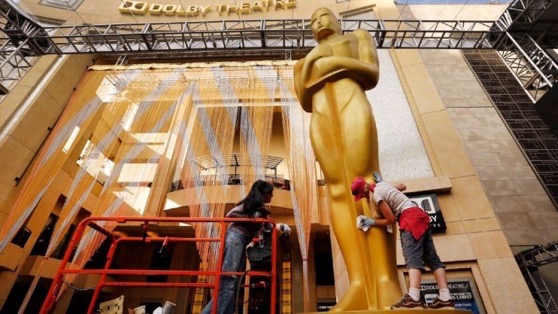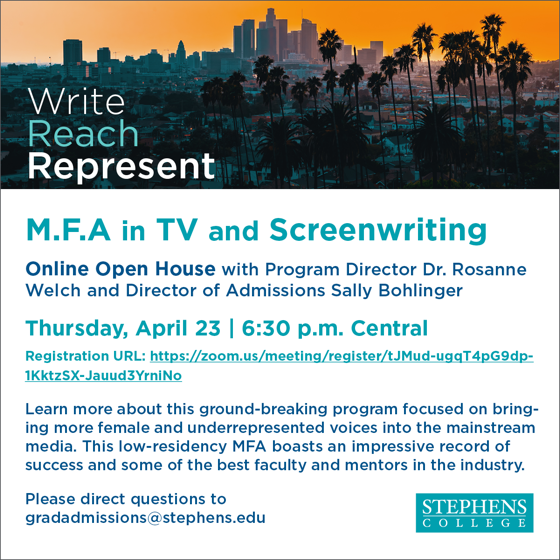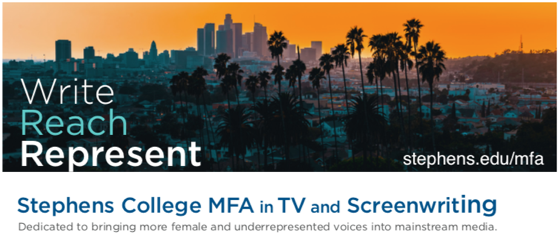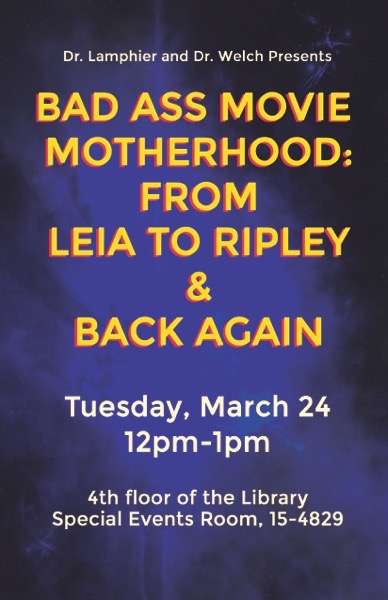Because I believe that you can’t change things unless you challenge them, whenever I see a newspaper article about a film where the writer uses the director’s possessive (as in “Spielberg’s Lincoln) and never mention the writer (which in that case was Pulitzer Prize-winning Tony Kushner – Spielberg has never won a Pulitzer Prize), I try to write a letter to the editor explaining the mistake.
Often they print them. Once my letter appeared alongside a letter with a similar point, written by the author of one of our History of Screenwriting textbooks (who has come to speak to our students during Workshop – Tom Stempel).
This morning the LA Times published this letter. — Rosanne
To the editor: Your editorial elevated “compelling storytelling” as a quality that makes a movie great, but when listing examples of noteworthy films — “Lawrence of Arabia,” “The Shining” and “Vertigo” — you used the director’s possessive to identify the films, not once mentioning the writers (both novelists and screenwriters).
“Lawrence of Arabia” came to screens thanks to the book by T.E. Lawrence, which was adapted by screenwriters Robert Bolt and the blacklisted Michael Wilson. “The Shining” came from the mind of prolific novelist Stephen King, whose book was adapted by Stanley Kubrick and Diane Johnson, with Kubric directing. “Vertigo” is based on the novel “D’entre les morts” by Pierre Boileau and Thomas Narcejac, which was adapted by Alec Coppel and Samuel A. Taylor.
I’ve never understood why newspaper writers forget to name screenwriters when discussing movies. It seems an absurd example of internalized artistic oppression.
How can I be able to teach up-and-coming screenwriters their own value if journalists keep naming films as the property of the directors?
Rosanne Welch, Van Nuys




![Learn More About the Stephens College MFA in TV and Screenwriting with this Open House Session [Video]](https://rosannewelch.com/wp-content/uploads/2020/05/mfa-open-house.jpg)
![Stephens College MFA in TV and Screenwriting [Video]](https://rosannewelch.com/wp-content/uploads/2020/05/Stephens-College-MFA-in-TV-and-Screenwriting-Official-AD.jpeg)











